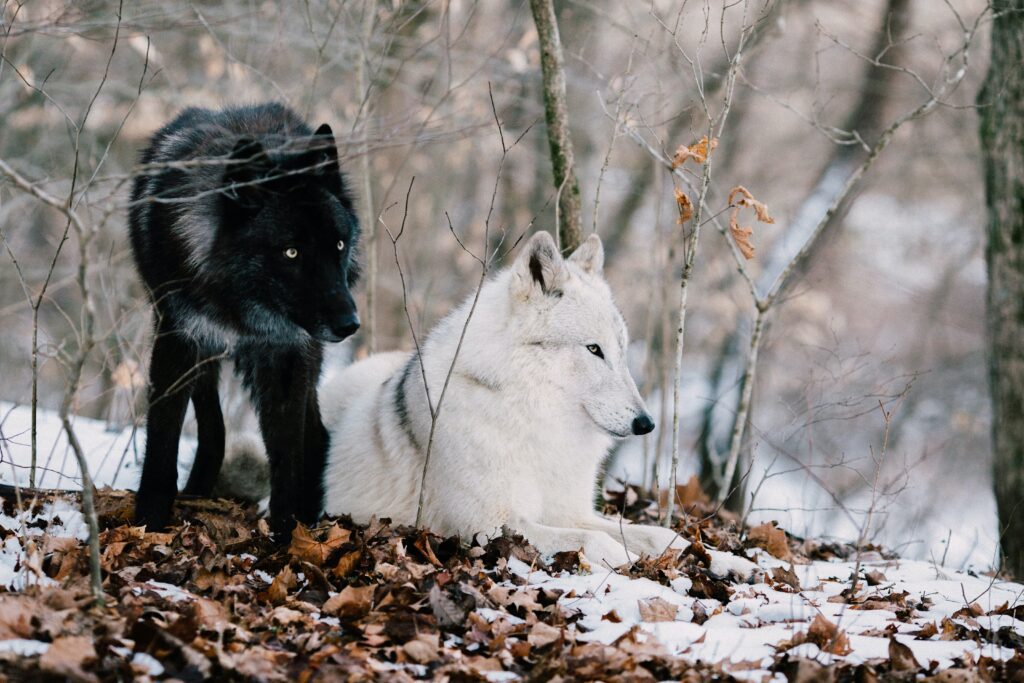CPW Expands Wolf Hazing Rules for Ranchers


In Colorado, ranchers have a long history of working to eliminate wolves. In 1869 Colorado was the first Rocky Mountain state to enact a bounty on wolves. By the end of the 1940s, there were no more wolves left in Colorado. That changed when a small pack of wolves migrated into the northwestern corner of the state in 2020.
In November of 2020, Colorado voters approved a ballot initiative requiring the state come up with a plan to reintroduce grey wolves to areas west of the Continental Divide. The new law also mandates that the state must include a protection plan for livestock owners and provide state funds to compensate ranchers for losses. Now CPW is struggling to find solutions that will keep both environmentalists and livestock owners happy.
New Hazing Rules for Ranchers
Wolves have long been seen as a menace by farmers and ranchers because they are a threat to livestock and pets. In fact, Montana and Idaho have been working to cut their wolf population since the Trump administration removed wolves from the Endangered Species list on November 3, 2020.
In Colorado, it is illegal to kill or injure a wolf. Anyone who kills a wolf faces fines up to $100,000 and up to a year in prison. Until recently, ranchers didn’t have a lot of options when it came to discouraging wolves from attacking livestock. But the killing of a calf and a pet dog by wolves motivated the Colorado Parks and Wildlife Commission to change their rules.
In a meeting on December 30, 2021, the commission unanimously voted to allow ranchers to use the following types of hazing to protect their animals from wolves:
- Patrolling with vehicles and ATVs
- Propane cannons
- Rubber bullets
- Noisemakers
- Motion- and radio-activated guard devices
- Environmentalists Support Reintroducing Wolves to Colorado
Unlike ranchers, environmentalists are enthusiastic about bringing wolves back to Colorado. They see wolves as natural predators that will organically thin deer and elk herds. Supporters argue that reintroducing wolves to Colorado will rebalance the ecosystem.
Your Colorado Wildlife Law Attorney
Are you a rancher who has been charged with violating state or federal wildlife laws? These laws can be pretty complicated, and the penalties are often severe. To learn more, contact the Colorado Wildlife Law Lawyer today by calling (720) 836-1777.
Sit down with us in a FREE, confidential consultation to talk about your case and learn how we can fight for you. We’re on your side.
